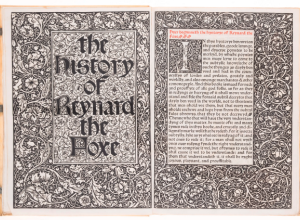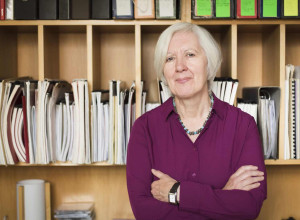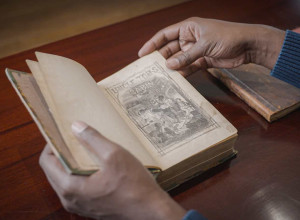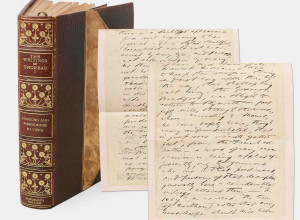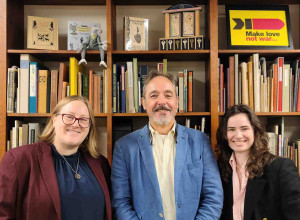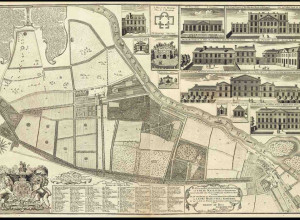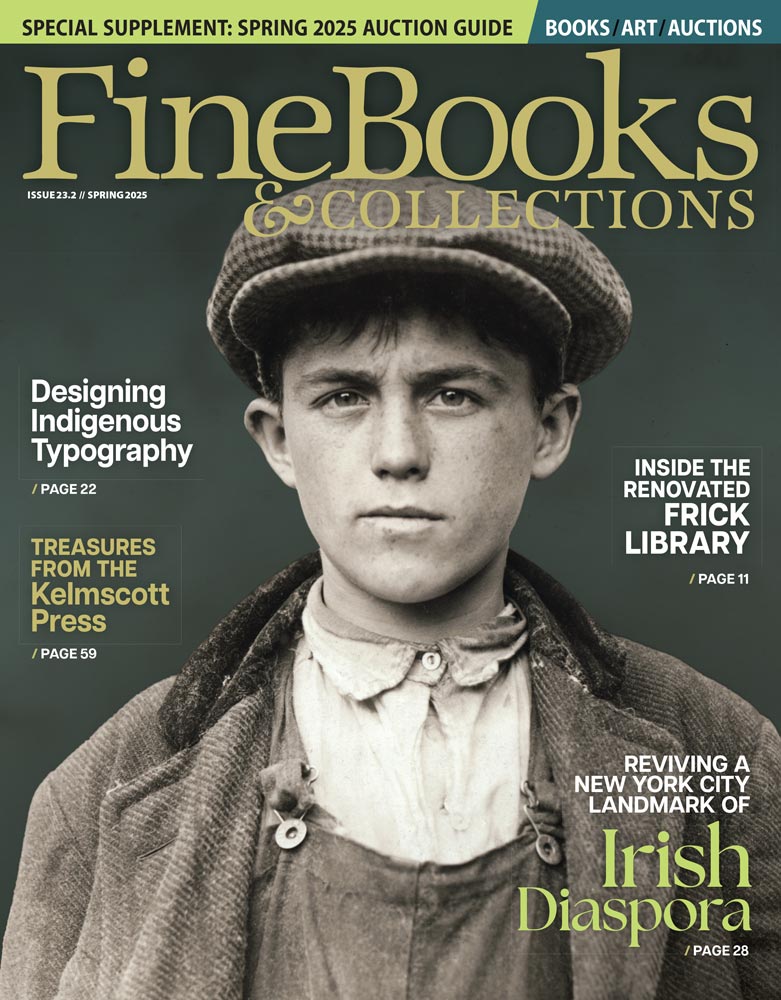Title of Work Deciphered In Sealed Herculaneum Scroll Via Digital Unwrapping
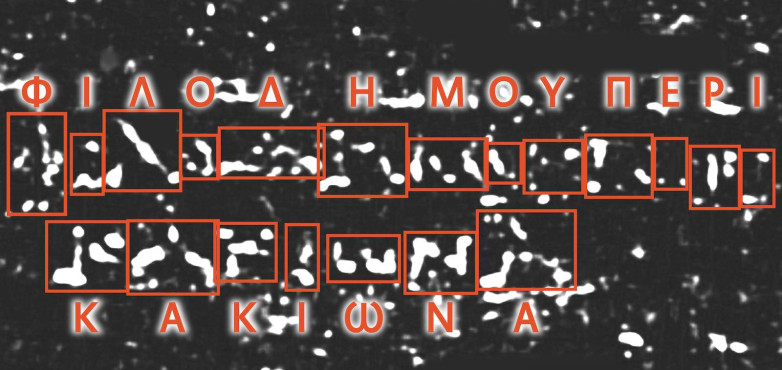
The scroll's title
The Bodleian Libraries and the Vesuvius Challenge have announced that for the first time researchers have found the title and author inside of a sealed scroll from Herculaneum.
Using ‘virtual unwrapping’, the scroll PHerc. 172 which is housed at the Bodleian Libraries at the University of Oxford has been identified as On Vices by the Greek philosopher Philodemus. The ethical treatise, known in full as On Vices and Their Opposite Virtues and In Whom They Are and About What, provides guidance for cultivating a virtuous life. In recognition of this achievement, researchers have been awarded the Vesuvius Challenge First Title Prize which includes prize money of $60,000.
Following the scanning of the scroll in July 2024 at the Diamond Light Source in Harwell, the Vesuvius Challenge released the data publicly, inviting researchers worldwide to contribute to deciphering the text. While the first images of the inside of the scroll were published in February 2025, the discovery of the title page within the innermost part of the scroll required considerable analysis before it could be accurately read and interpreted by papyrologists.
This was independently achieved by two parties at roughly the same time, by Sean Johnson from the Vesuvius Challenge, and contestant research team Marcel Roth and Micha Nowak from the University of Würzburg. The pair, whose submission further refined the degree of legibility, have been awarded the first Vesuvius Challenge First Title Prize, in recognition of their success in revealing the title.
Both images were independently reviewed by the Vesuvius Challenge papyrological team, led by Federica Nicolardi. The simultaneous reproduction of the title image from multiple sources, along with independent scholarly review, provides a high degree of confidence in the reading.
Philodemus (c. 110–c 30 BCE) was an Epicurean philosopher and poet from Gadara whose ethical teachings emphasise the pursuit of pleasure as central to a good life. He argued against rigid logic and formal rhetoric, believing that philosophy should serve practical human happiness rather than abstract intellectual debate. As the author whose works make up the majority of the library in the Villa of Papyri at Herculaneum, it is unsurprising that he was the author of this work too.
While the scroll’s author and title are now clear, where the text sits within the On Vices series, known by scholars to be at least 10 books long, is still open to interpretation. The book number in the title image is plausibly read as an alpha, indicating that this scroll is Book 1. However, the reading is still uncertain, and other possibilities (e.g. delta, Book 4), while less likely, cannot be completely ruled out. If it is indeed Book 1, this raises further questions since it has generally been understood that the first book of the On Vices was On Flattery, but the text of PHerc. 172 does not correspond with this.
“This is a very exciting development," said Michael McOsker, a esearcher in Papyrology at UCL who is a member of the Vesuvius Challenge Papyrology Team and one of the editors of this scroll based at the University of Oxford. "Other books from the On Vices and their Opposite Virtues are known from the papyri that were physically unrolled. Best known are On Property Management, book 9 and presumably the opposite virtue to greed, and On Arrogance, book 10, presumably the opposite vice to having a correct evaluation of yourself, but there are others too. This will be a great opportunity to learn more about Philodemus’ ethical views and to get a better view of the On Vices as a whole, especially if it turns out to be the first book. As a technical matter, it’s great that progress continues apace and we’ll soon be able to read these rolls in their entireties.”
Richard Ovenden, Bodley’s Librarian & Helen Hamlyn Director of the University Libraries, said: “Finding the full title of a work inside a scroll that has been unread for two millennia is an astonishing achievement, and illustrates the huge potential for AI to transform arts and humanities scholarship, our understanding of the past, and breathes new life into ancient artefacts.”
The Vesuvius Challenge, the global initiative that was launched in 2023 to discover the contents of the Herculaneum Scrolls without any physical intervention to the scrolls themselves, continues to encourage contributions from researchers across the world. Created by Dr Brent Seales at the University of Kentucky, Nat Friedman, and Daniel Gross, the initiative has rewarded teams across the world for their discoveries, including first ink detection and various open-source software
contributions.








